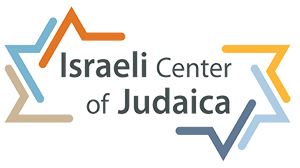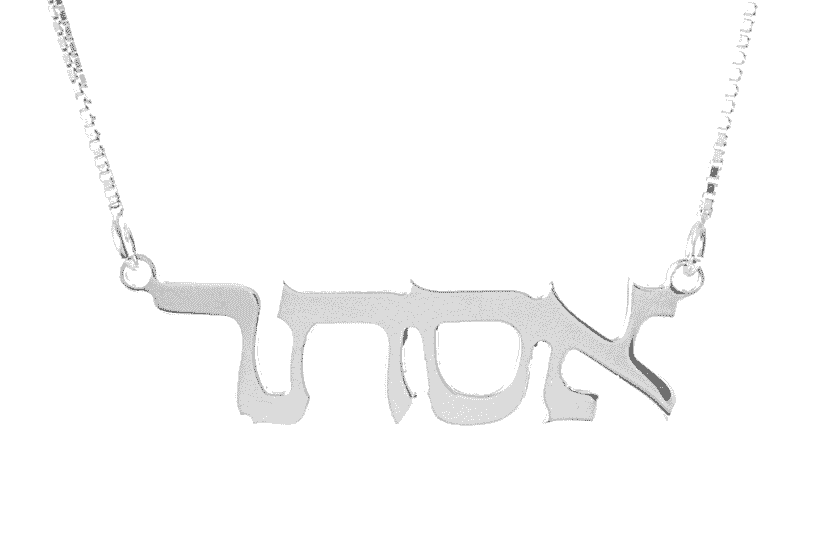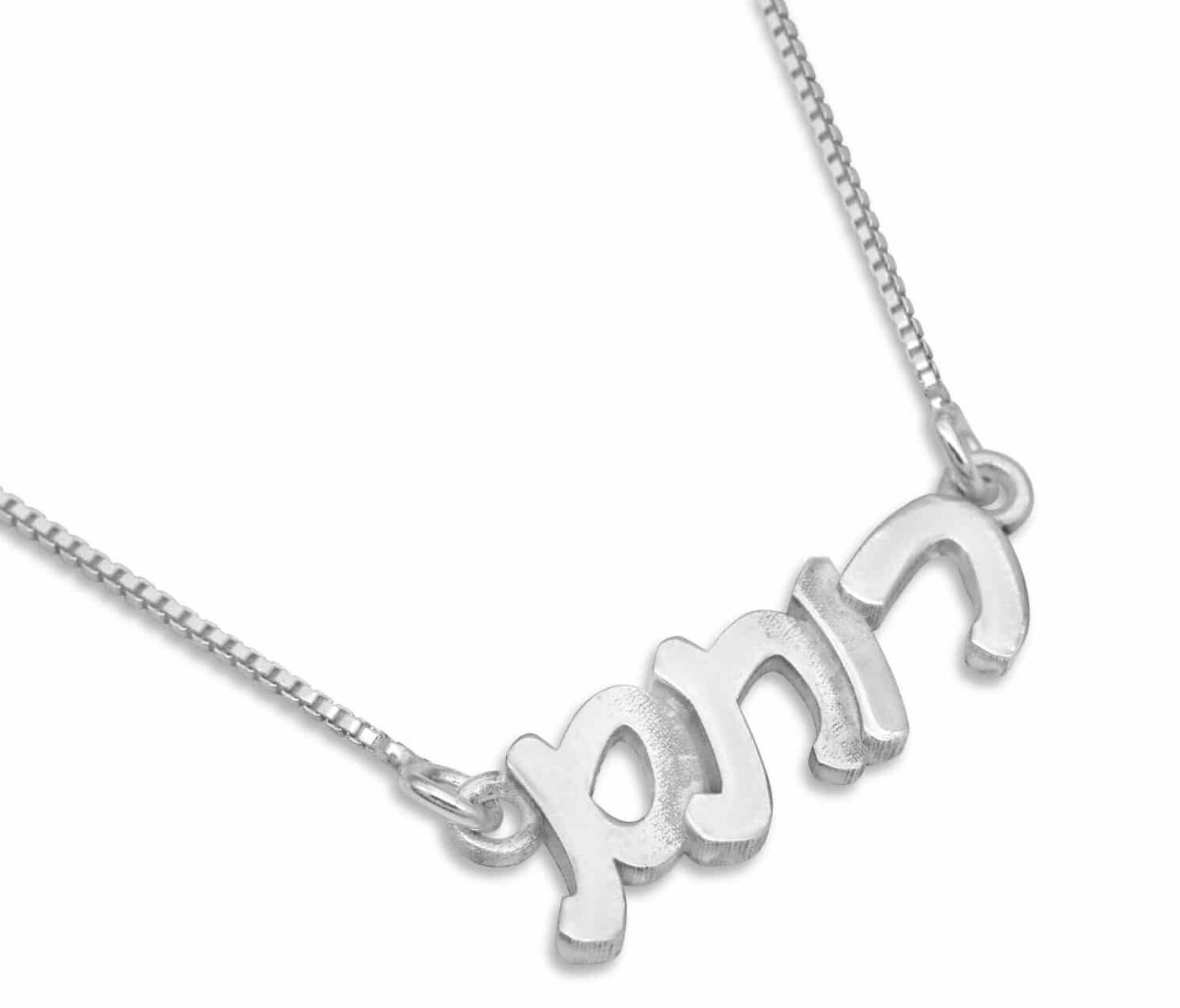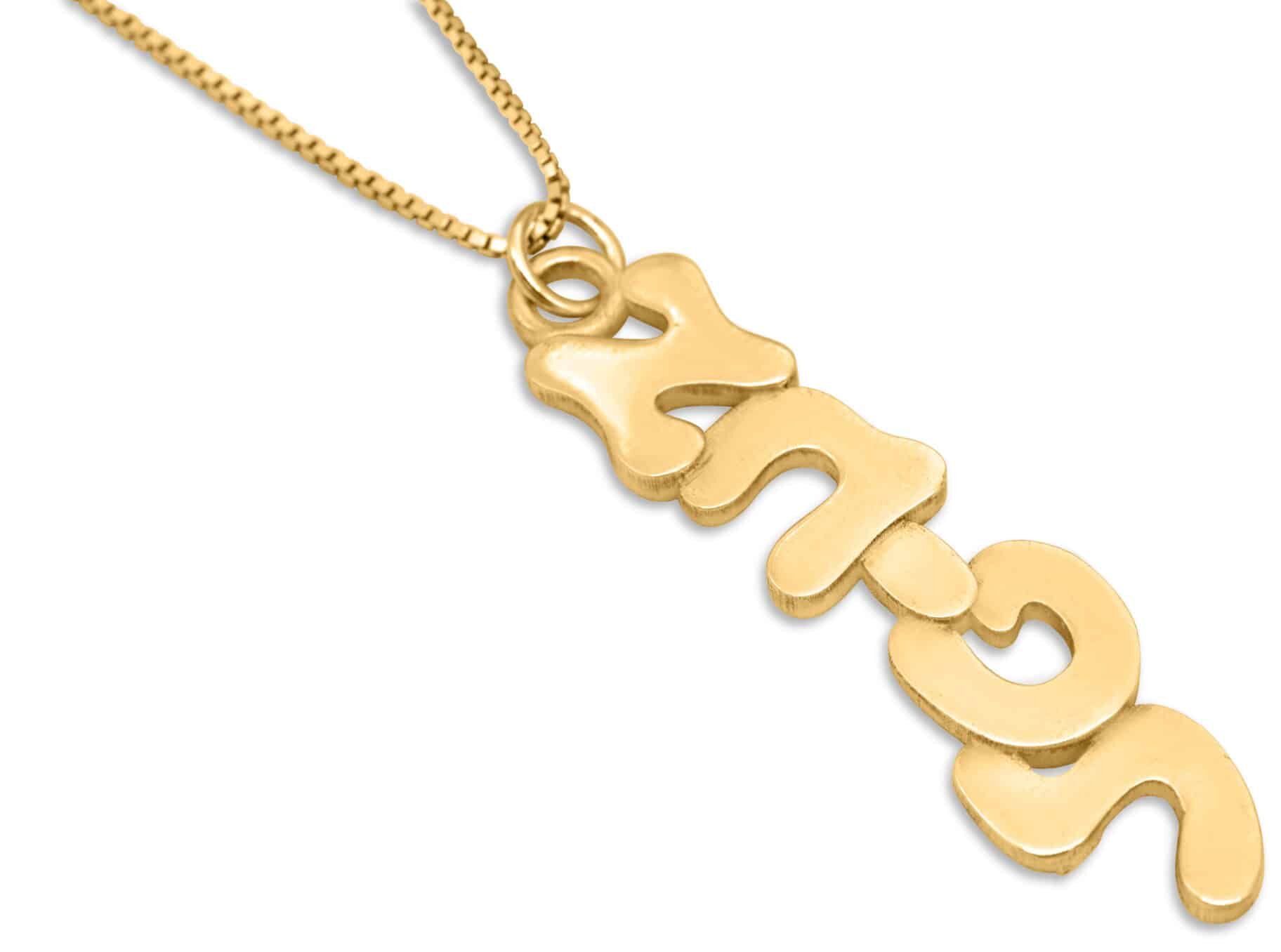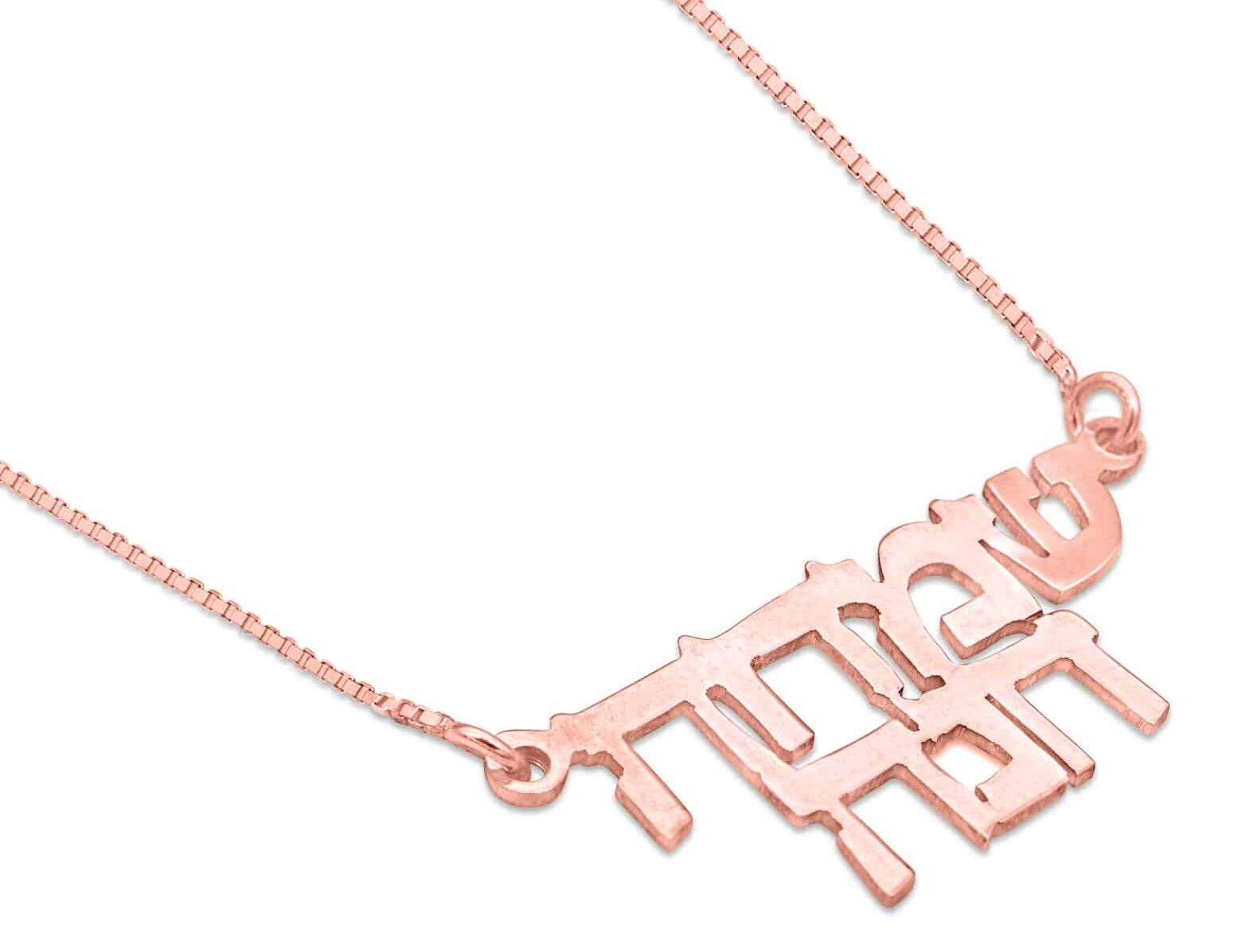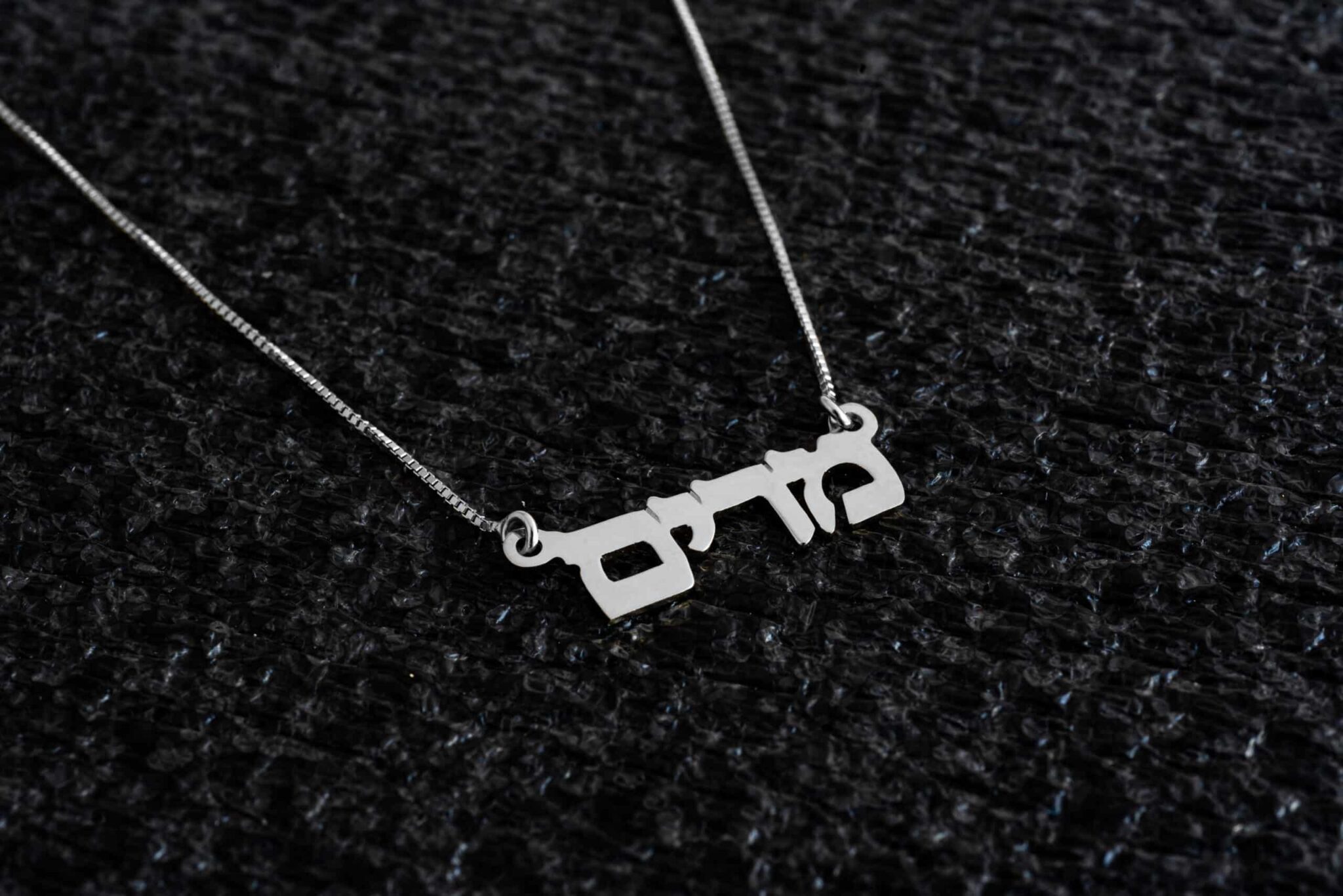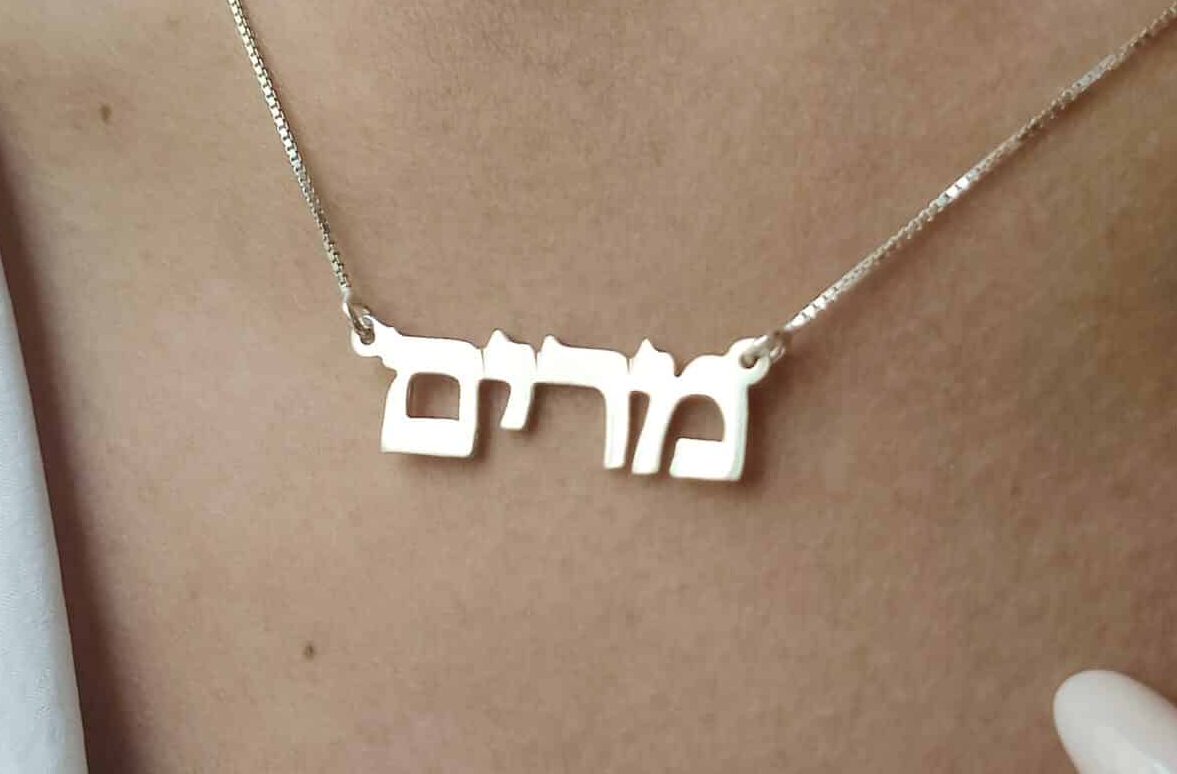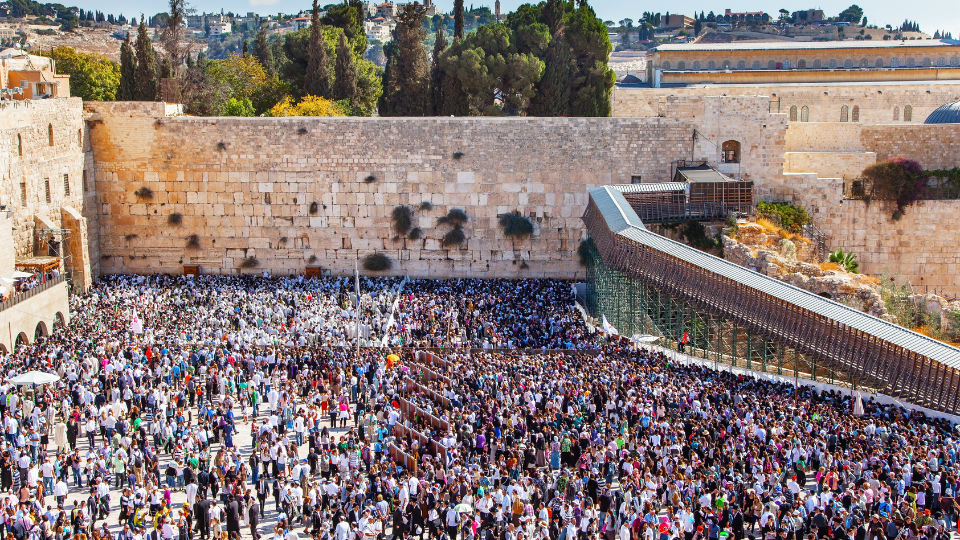
The Hebrew language, with its rich history and cultural significance, stands as a pillar of Jewish identity and serves as a powerful link between the past and present. Spoken by millions worldwide, Hebrew carries within its letters and words the ancient narratives of the Jewish people and the sacred texts that have shaped their beliefs and traditions.
At the Israeli Center of Judaica, we recognize the profound importance of Hebrew. Through our carefully curated collection of Judaica and Jewish art, we strive to honor and celebrate this timeless language. Each piece, meticulously crafted by skilled Jewish artists, bears the imprint of Israel’s vibrant culture, heritage, and awe-inspiring landscapes that encompass the city of Jerusalem.
To hear the entire article for your convenience, click the play button.
The Origins and Evolution of Hebrew
The Hebrew language has a fascinating history that dates back thousands of years. It originated in ancient times when it was spoken by the Israelites, the ancestors of the Jewish people.
Hebrew played a central role in the religious and cultural life of the Israelites, serving as the language of their sacred texts, including the Torah, which encompasses the first five books of the Hebrew Bible. The early form of Hebrew, known as Biblical Hebrew, was primarily a written language used for religious and literary purposes.
Over the centuries, Hebrew evolved and underwent significant transformations. Following the Babylonian exile in the 6th century BCE, Hebrew gradually shifted from a spoken language to a primarily literary and liturgical one. Despite its diminished use as a spoken language, Hebrew remained an essential part of Jewish identity and continued to be employed in religious ceremonies, prayers, and study.
The revival of Hebrew as a spoken language occurred in the late 19th century with the emergence of the Zionist movement and the subsequent establishment of the State of Israel in 1948. The visionary efforts of linguists and scholars, such as Eliezer Ben-Yehuda, played a crucial role in revitalizing Hebrew. Ben-Yehuda, often referred to as the “reviver” of the Hebrew language, devoted his life to creating new words and expanding the vocabulary to adapt Hebrew for modern usage.
Modern Hebrew, also known as Israeli Hebrew, represents the contemporary form of the language. It combines elements of Biblical Hebrew, Mishnaic Hebrew (used during the early rabbinic period), and other historical variations, along with the integration of numerous loanwords from different languages.
Check out our unique collection of Hebrew Name Bracelets to celebrate the language and its many forms!
Hebrew in Jewish Tradition and Sacred Texts
The Hebrew language has served as an integral part of Jewish tradition and culture for centuries. It is the language of the Tanakh, or Hebrew Bible, which encompasses the 5 books of the Torah, plus another 11 books that include stories about prophets and kings.
In addition to its use in the Tanakh, Hebrew is also employed in prayers, teachings, and other liturgical works. The language has played an important role in various Jewish ceremonies such as Bar Mitzvah and Bat Mitzvah celebrations and during the Passover Seder meal.
Hebrew is also the language of many beloved Jewish poems, songs, and blessings. From the “Shema Yisrael” to the “Echad Mi Yodea,” these prayers and passages have been recited for generations, uniting Jews around the world in their shared faith.
Hebrew in Everyday Life and Culture
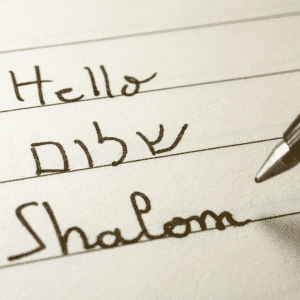
As a living and evolving language, Hebrew permeates various aspects of everyday life and culture in Israel and among Jewish communities worldwide. From literature, education, and media to street signs, Hebrew plays a vital role in shaping its speakers’ experiences, expressions, and interactions.
One of the most prominent domains where Hebrew thrives is education. From early childhood through university, Hebrew serves as the primary language of instruction in Israeli schools. Students learn subjects ranging from mathematics and science to history and literature, all delivered in Hebrew. This immersive environment ensures that Hebrew remains a vibrant and integral part of the educational landscape, fostering language proficiency and cultural understanding.
Related: Jewish History Journey – Exploring the Past & Present.
In addition to formal education, Hebrew is heard in the lively and bustling streets of Israeli cities and towns. Conversations among friends, families, and colleagues unfold naturally in Hebrew, reflecting the language’s status as the shared means of communication for Israeli society. Whether discussing daily routines, exchanging opinions, or sharing moments of joy and sorrow, Hebrew captures the essence of these interactions and strengthens community bonds.
The influence of Hebrew extends beyond spoken conversations. It is also present in various forms of media, including newspapers, television, radio, and the Internet. Hebrew-language newspapers, such as Haaretz and Yedioth Ahronoth, provide news and analysis, shaping public discourse and keeping the population informed.
Check out our unique Colorful Name Necklaces, the perfect way to carry a piece of the Hebrew Language with color to wherever you go!
How to learn Hebrew?

Learning Hebrew can be an enriching and rewarding experience. Here are some steps and tips:
- Start with the basics: Begin by learning the Hebrew alphabet and the pronunciation of each letter. Familiarize yourself with the letter shapes and their corresponding sounds. Practice writing and reading the letters to build a strong foundation.
- Seek out resources: There are numerous resources available to learn Hebrew, including textbooks, online courses, mobile apps, and language learning websites. Explore different options and find the ones that suit your learning style and preferences.
- Enroll in a language course: Consider joining a formal Hebrew language course or finding a tutor to guide you through the learning process. A structured course can provide a systematic approach to learning Hebrew grammar, vocabulary, and conversation skills.
- Practice regularly: Consistency is essential when learning a new language. Set aside a specific time each day or week to practice Hebrew. Engage in activities such as reading Hebrew texts, listening to Hebrew music or podcasts, and watching Hebrew movies or TV shows to improve your language skills.
Check out our Hebrew Name Necklaces, the perfect way to carry a piece of Hebrew wherever you go!
- Immerse yourself in Hebrew: Immerse yourself in the Hebrew language and culture as much as possible. Surround yourself with Hebrew materials, such as books, newspapers, and online content. Seek opportunities to engage with native Hebrew speakers through language exchanges, conversation groups, or online forums.
- Build vocabulary: Expand your Hebrew vocabulary by learning new words and phrases regularly. Use flashcards or vocabulary apps to reinforce your memory and practice recalling words in Hebrew.
- Practice speaking: Language learning involves active communication. Find language partners or join language exchange programs to practice speaking Hebrew with native speakers. Speaking and listening exercises will help you develop fluency and improve your pronunciation.
- Explore Hebrew culture: Learning a language is intertwined with understanding its cultural context. Explore Hebrew culture, literature, music, and traditions. This will deepen your appreciation for the language and provide valuable insights into its usage and nuances.
- Mastering a new language requires patience and perseverance. Don’t let obstacles or setbacks discourage you. Stay motivated, acknowledge your progress, and make consistent practice a priority.
- Visit Israel: If possible, consider visiting Tel Aviv or Jerusalem to immerse yourself in a Hebrew-speaking environment. Being in an immersive setting allows you to practice your language skills in real-life situations and experience the vibrant Hebrew-speaking culture firsthand.
Embark on a captivating journey of learning Hebrew! It demands dedication and perseverance, but in return, you’ll discover the beauty of the language. Enjoy the process, celebrate every triumph, and be proud of your achievements.
Some Jewish slang words worth knowing:
- Chutzpa: Arrogance, audacity.
- Tsuris: Trouble or aggravation.
- Mensch: A person of integrity and honor.
- Kvetch: Complain or whine.
- Naches: Joy and pride one feels from the accomplishments of another.
- Schlep: To carry or lug something around.
Phrases worth knowing:
- Good afternoon in Hebrew: “Erev Tov.”
- Good luck in Hebrew: “Mazal Tov.”
- Good night in Hebrew: “Laila Tov.”
- Thank you in Hebrew: “Todah Rabah.”
- Welcome in Hebrew: “Bruchim Ha’baim”
- How are you in Hebrew: “Ma Shlomcha?”
Is Hebrew a Hard Language?
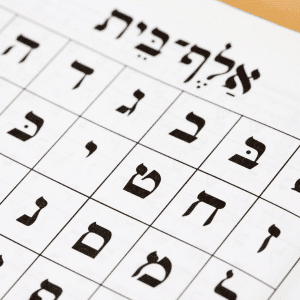
One factor contributing to the perceived difficulty of Hebrew is its unique alphabet system. Hebrew utilizes its own script called the “Hebrew alphabet,” which consists of 22 letters that are unfamiliar to those who have never encountered them before. Learning these new symbols and their corresponding sounds can present an initial hurdle for language learners.
Additionally, Hebrew grammar follows different rules compared to English or other Indo-European languages, which might require learners to adjust their thinking patterns. The sentence structure in Hebrew typically places verbs at the beginning or middle of sentences instead of at the end like in English. Additionally, gendered nouns and complex verb conjugations may take time and practice for non-native speakers to master.
However, it’s important to note that with dedication, persistence, and effective learning strategies, anyone can overcome these challenges and become proficient in Hebrew. Many resources such as language courses, textbooks, online platforms with interactive exercises, and immersion programs exist that cater specifically to individuals interested in learning Hebrew.
Ultimately, while some aspects of learning Hebrew may prove more challenging than others due to differences in script and grammar structure compared to other languages; with patience and consistent effort toward studying and practicing speaking skills with native speakers or fellow learners; one can successfully navigate the path towards fluency in this ancient Semitic language.
Who Speaks Hebrew Today?
Hebrew, the ancient language with a rich history, is still spoken by a significant number of people today. In Israel, Hebrew is widely used, with almost everyone over the age of 20 being fluent in the language. It is interesting to note that 55 percent of Israelis consider Hebrew as their native language.
Beyond Israel’s borders, there are approximately 15 million Hebrew speakers around the world. This demonstrates the global reach and continued relevance of Hebrew as a living language. Even in the United States alone, there are approximately 500,000 individuals who speak Hebrew.
The enduring presence and widespread usage of Hebrew serve as a testament to its significance and the cultural importance it holds for those who speak it.
Discover our exclusive collection of vibrant 3D Name Necklaces, designed to showcase the beauty of the Hebrew Language on the go!
Conclusion
Through the centuries, Hebrew has stood the test of time, persevering through diasporas and cultural upheavals to become a symbol of Jewish identity and resilience. From its ancient origins as the language spoken by the Israelites to its continued use as a sacred language in prayers and religious rituals, Hebrew continues to serve as a link between past and present for millions of people worldwide. At the Israeli Center of Judaica, we are passionate about preserving the beauty and significance of this timeless language through our curated collection of Judaica and Jewish art.
Each piece tells its own story, embodying aspects of Israel’s vibrant culture, history, and traditions while paying tribute to the enduring power of Hebrew. As we look towards the future, we are proud to be part of a global community that embraces Hebrew as not just a language but also a way of life, keeping alive the rich narratives and values embedded within its letters and words.
We invite you to explore our collection and join us in celebrating the fascinating origins and evolution of Hebrew – a language that truly stands among one of humanity’s greatest treasures.
We encourage you to delve deeper into the beauty of Hebrew and Jewish culture by exploring the exquisite Judaica and Jewish art & culture. Discover the elegance of Jewish Jewelry, the intricate craftsmanship of Sterling Silver Judaica, the symbolism of Star of David Jewelry, and Jewish art and culture.
